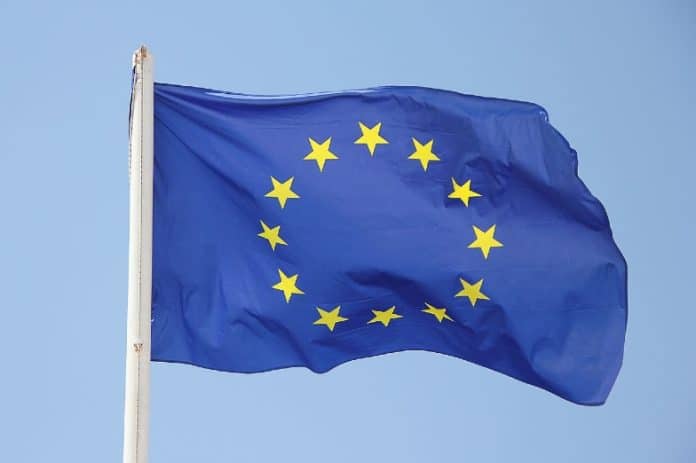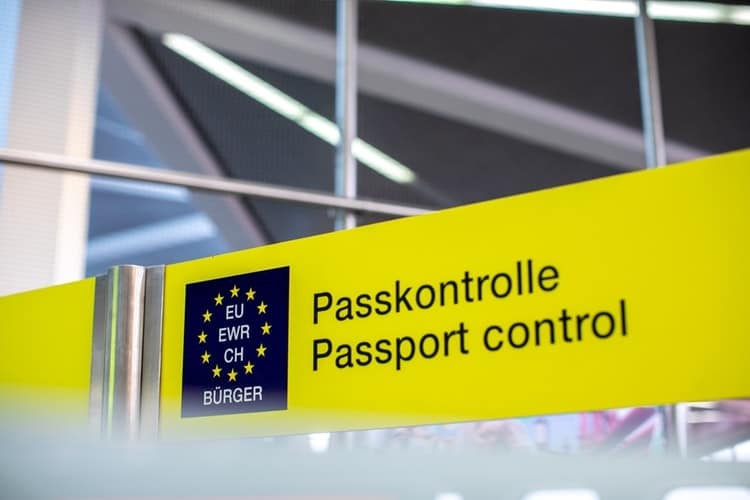The European Union has suspended all non-essential travel to the bloc for non-EU citizens for 30 days in response to the COVID-19 outbreak, European Council President Charles Michel and European Commission President Ursula von der Leyen announced on Tuesday (March 17).
The restrictions, which EU member states will implement immediately, will last for an initial period of 30 days and can be prolonged as needed. Exemptions are in place for long-term EU residents; family members of EU nationals; diplomats; people transporting goods; frontier workers, and essential staff that help to address the coronavirus, such as doctors or nurses. The measure will apply to almost all EU member states as well as Iceland, Liechtenstein, Norway and Switzerland.
“This is an external shock. It hits the whole world. We’ve never had that before. The enemy is a virus and now we have to do our utmost to protect our people and our economies,” von der Leyen told a press briefing in Brussels.
The Commission seeks to maintain the flow of goods across its single market to avoid shortages and a worsening of the social and economic difficulties that all European countries are already experiencing.
Member States must always admit their own citizens and residents and facilitate the transit of other EU citizens and residents that are returning home, the Commission announced. Member states will also coordinate to jointly arrange the repatriation of EU citizens where possible.
“We need to ensure passage of medicines, foodstuffs and goods, and our citizens need to travel to their home countries,” Michel said.
The measures also involve screening measures for incoming and outgoing travellers on the EU’s external borders.
EU leaders are due to hold further discussions in the coming weeks to discuss possible additional measures.
“We are ready to do everything as required. We will not hesitate to take additional measures as the situation unfolds,” von der Leyen said.
- To read the Commission’s guidelines, please visit: https://bit.ly/3aY2zvk
- For further information on Covid-19, please visit: https://www.un.org/coronavirus
- UNRIC Library Backgrounder


